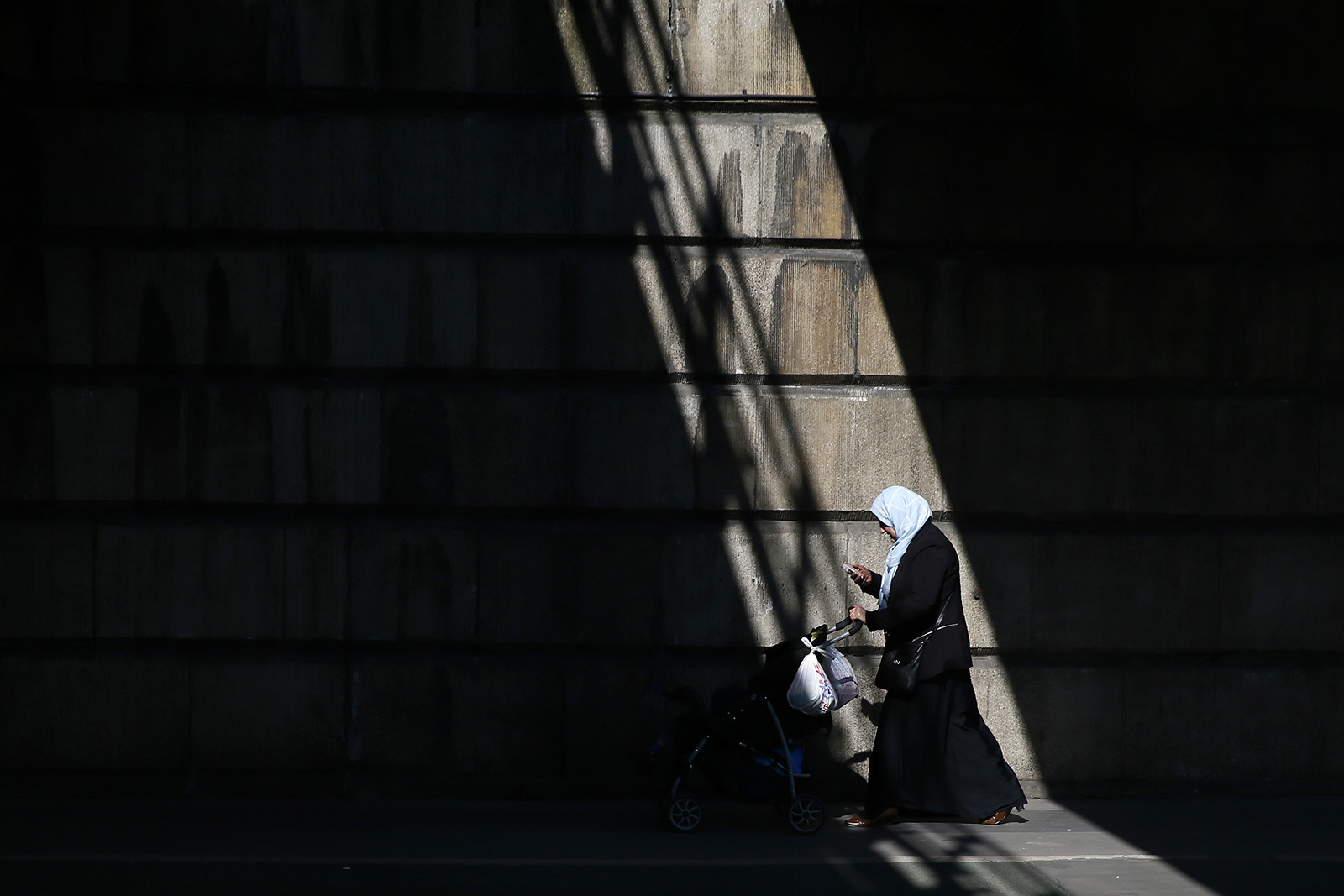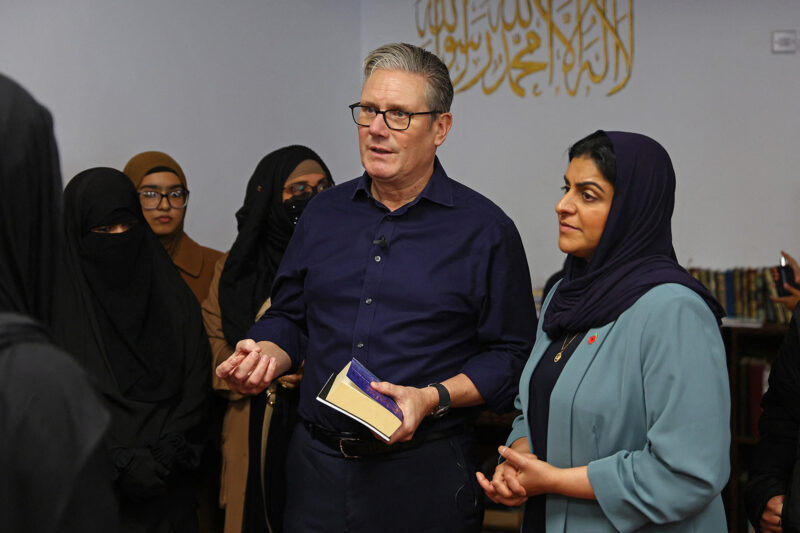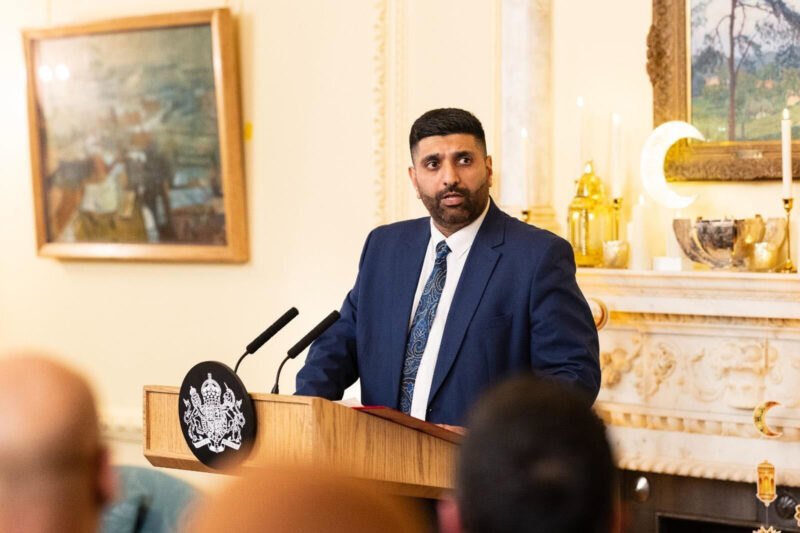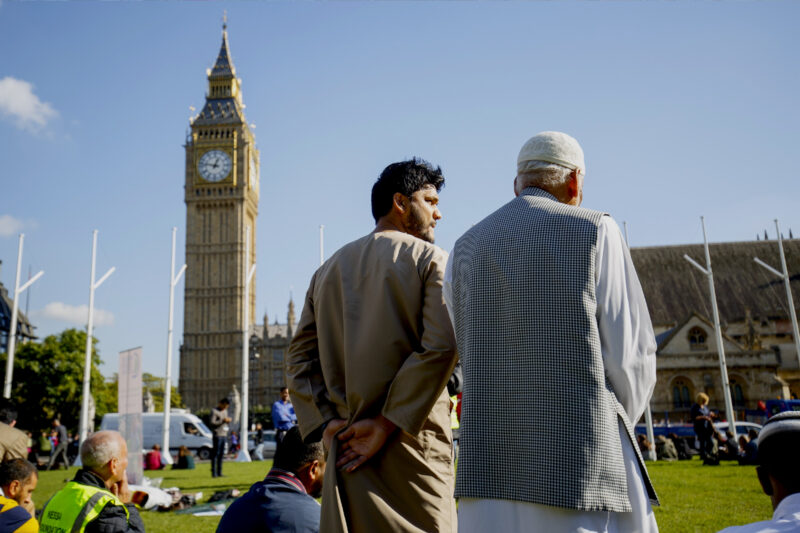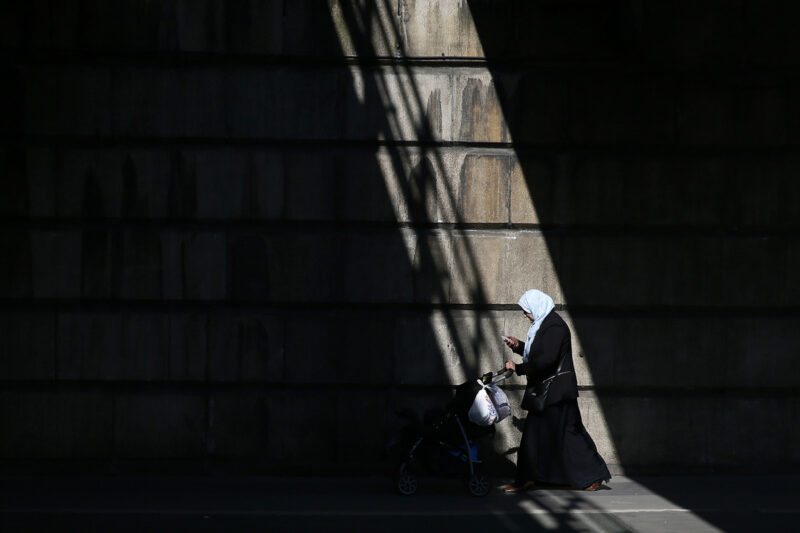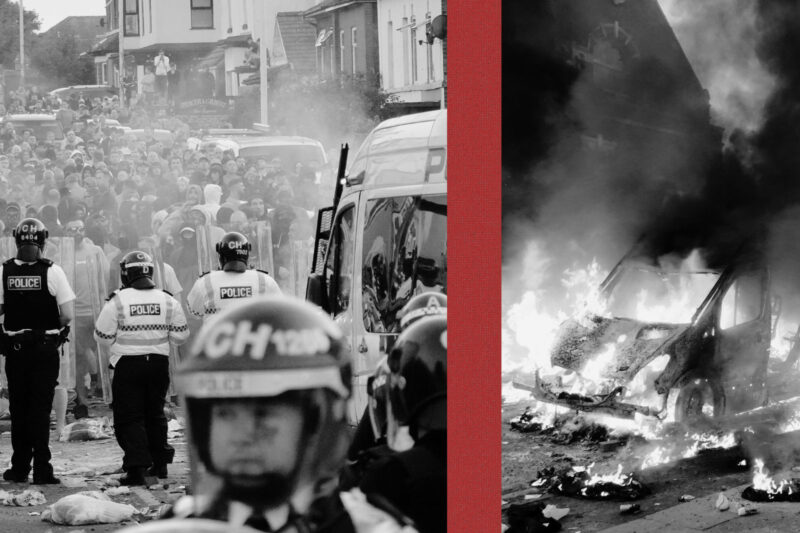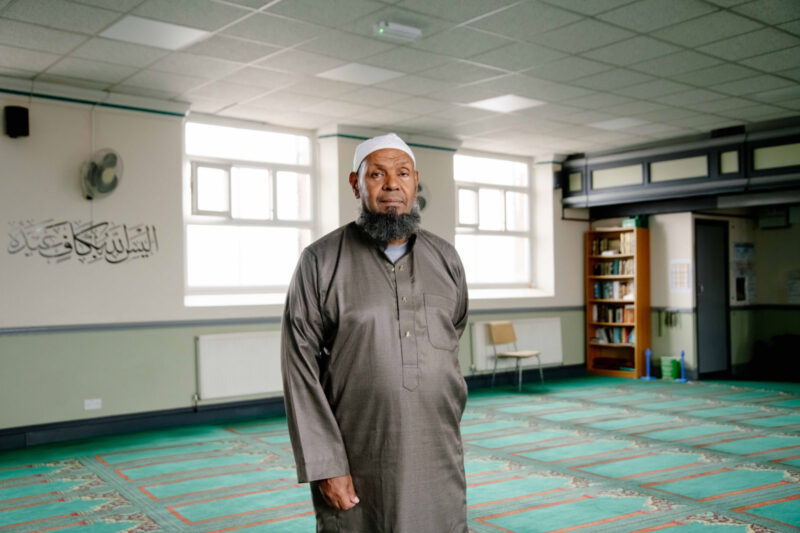Peer urges ministers to adopt working group’s Islamophobia definition in full
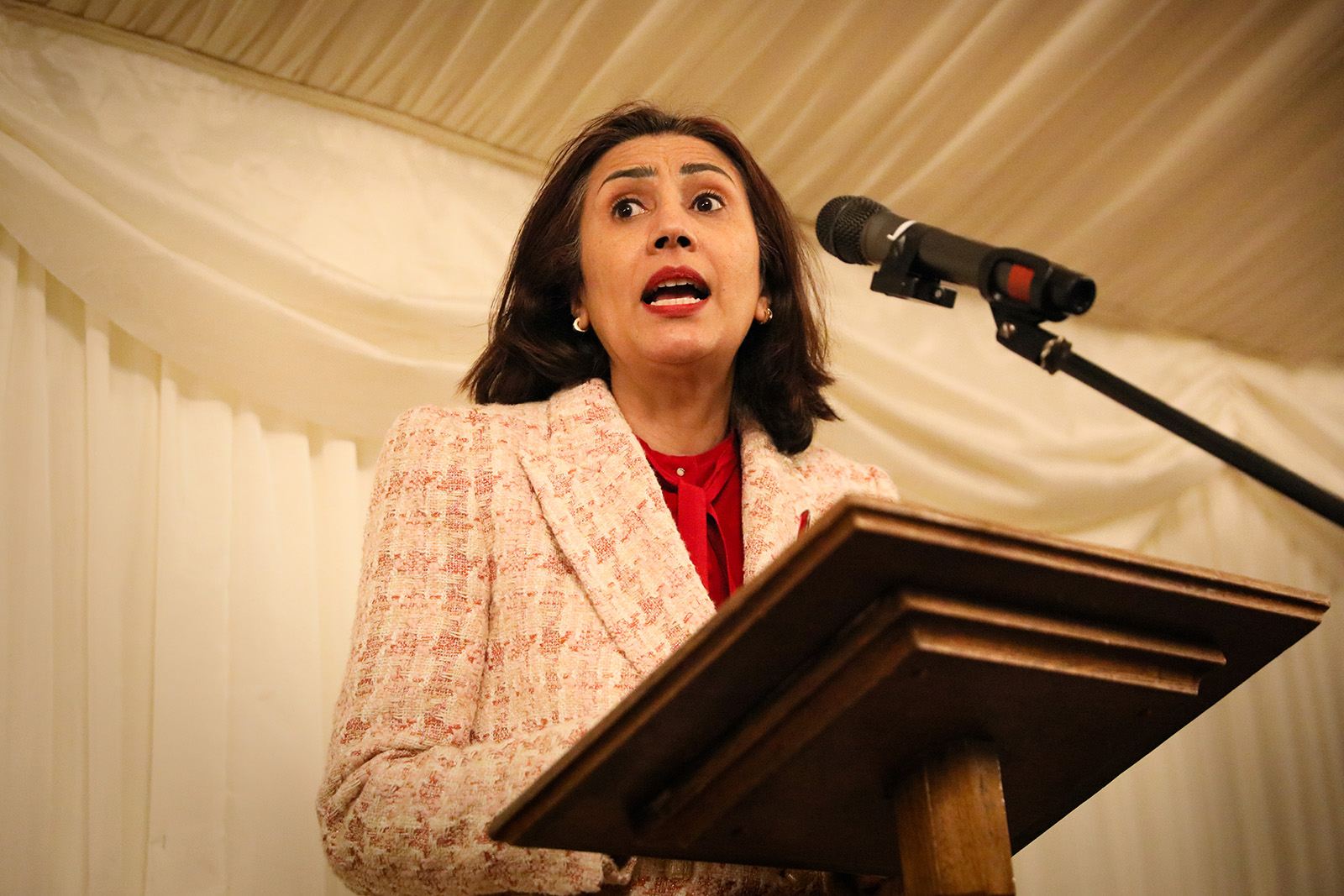
Shaista Gohir, part of the five-strong group, says attacks on members and their work are intended to scare government into stalling
A crossbench peer who was among five independent experts tasked with producing a non-statutory definition of Islamophobia has urged ministers to adopt the proposal, which was submitted last week, or risk sending a message that “Muslims don’t matter”.
Shaista Gohir urged the government to do the “right thing” and “not be bullied” into ignoring the recommendations despite attacks by politicians and in the media on the group and its work. The Ministry of Housing, Communities and Local Government did not immediately respond to questions about when it would decide on whether to adopt the definition.
Then-deputy PM and communities secretary Angela Rayner convened the group in February. The government said at the time that anti-Muslim hate had surged to record levels in 2024.
Baroness Gohir said members had been “attacked and demonised” by those opposed to its work — and believes some of these efforts were intended “to scare the government into not adopting a definition”.
At present, there are various definitions of Islamophobia in use in Britain, including one produced under the Conservative government by the all-party parliamentary group on British Muslims. This definition has been adopted by various local authorities and universities, and was endorsed by Labour in opposition, though since gaining power the party has backed away from it. Gohir, who is chief executive of the Muslim Women’s Network UK, said it was important for the government to adopt a single definition to ensure a consistent approach across sectors.
“Ever since the group was announced there’s been regular articles every single week about our views as a group — we were attacked and demonised,” she said. “There was a lot of misinformation about what was going to be in the definition, without any evidence. I think there was a lot of scaremongering taking place.
“And I think that was really done to scare the government into not adopting a definition.”
She said the proposed non-statutory definition is not a “blasphemy law through the back door” and would not “curb free speech”, as has been claimed by opponents. This is made clear in the group’s terms of reference, Gohir stressed.
These state that any proposed definition must be “compatible with the unchanging right of British citizens to exercise freedom of speech and expression — which includes the right to criticise, express dislike of, or insult religions and/or the beliefs and practices of adherents”.
The group arrived at its suggested definition without ministerial interference, said Gohir. “We did it independently, without any pressure from anywhere or anyone,” she said.
She added that she was “disappointed” that Rayner had not met the group while in post, claiming this “showed a lack of respect”, though she conceded that recently sacked faith minister Wajid Khan had engaged with them.
Government hate crime data published last week showed that there was a 19% spike in religious hate crimes targeted at Muslims recorded by police in the year to March 2025, increasing from 2,690 to 3,199 incidents based on data from 35 forces in England and Wales — not including London’s Metropolitan Police.
The government has been approached for comment.
 Newsletter
Newsletter



